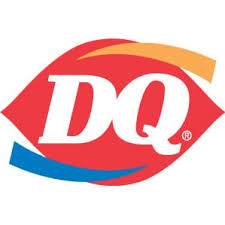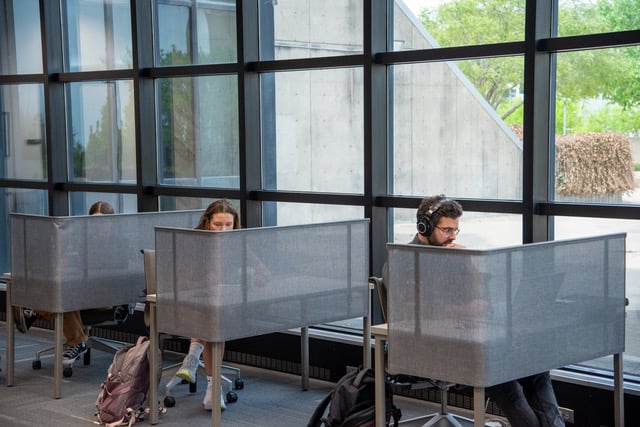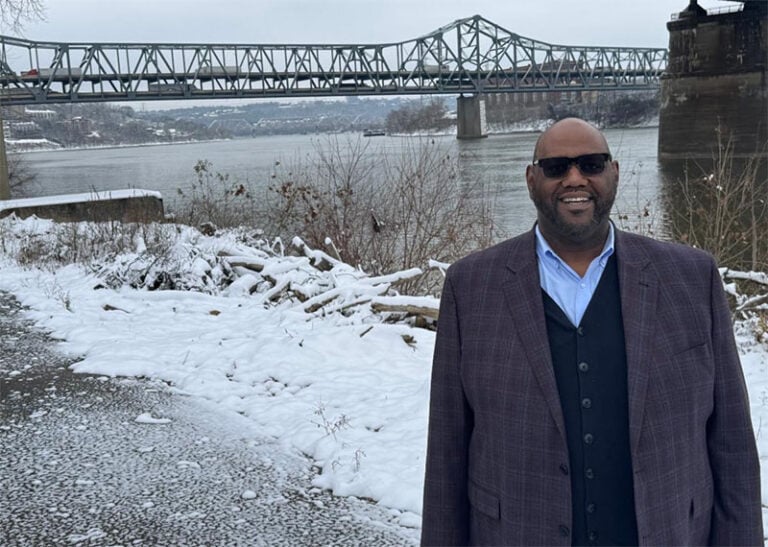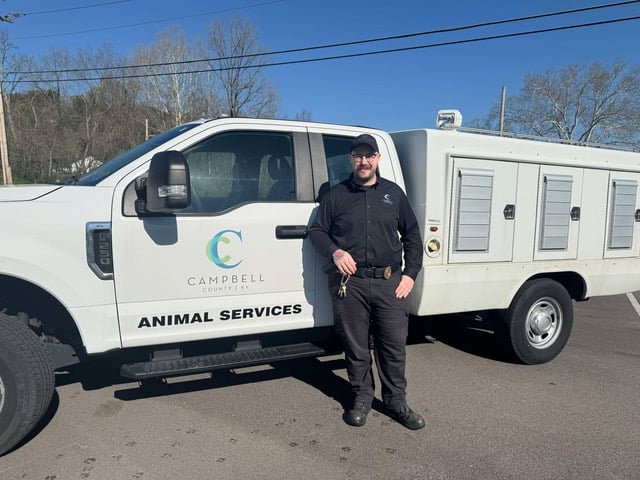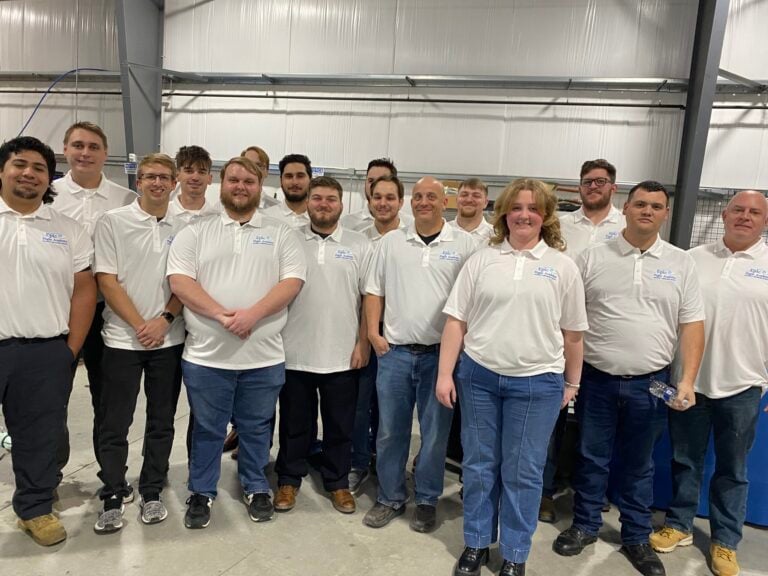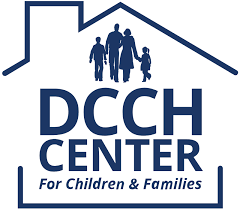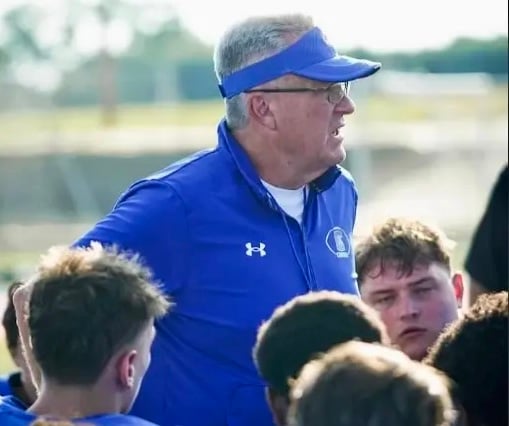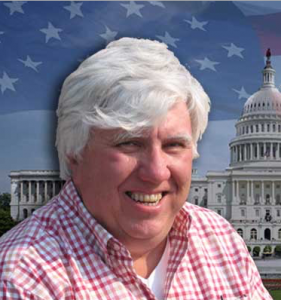As a passionate advocate for free speech in the digital age and the recipient of the Hugh M. Hefner First Amendment Award, my journey has been defined by a steadfast commitment to defending our constitutional liberties, for younger students on campus, at universities and online in the digital realm. As discussions surrounding the Kids Online Safety Act (KOSA) under consideration by Congress intensify, we must approach this issue carefully to balance between safeguarding our children and preserving their rights to explore and learn freely online.
Throughout my time at the University of Kentucky, I have witnessed firsthand the transformative power of open discourse and unrestricted access to information. These principles are not just ideals but essential components of a living, thriving democracy –– one that cherishes the exchange of ideas and respects diverse viewpoints, even those that may challenge prevailing norms.

KOSA proposes significant measures to enhance children’s online safety, a goal that resonates deeply with every responsible parent and educator. However, how this legislation seeks to achieve its objectives raises critical concerns. By placing considerable regulatory power in the hands of government officials and bureaucratic entities, such as Lina Khan and state attorneys general, KOSA risks transforming the internet from a stronghold of free expression into a heavily surveilled and censored space.
As someone who has fought to expand free speech protections on campus, I understand the delicate balance required to empower parents without infringing on individual rights. Tech companies must provide helpful tools that enable parents to monitor and manage their children’s online activities. Yet, we must tread cautiously to avoid a scenario where well-intentioned measures inadvertently lead to overreach and censorship.
Moreover, the potential implications of KOSA extend beyond parental control to encompass broader implications for digital privacy and the free flow of information. Increased governmental oversight threatens not only the autonomy of families but also the very fabric of online discourse –– one that flourishes through openness, diversity of thoughts and the unrestricted pursuit of knowledge.
By passing KOSA, lawmakers risk legitimizing a form of online surveillance that could undermine the privacy rights of both children and adults. Such measures could pave the way for widespread monitoring of user activities under the guise of protecting minors, setting a troubling and upsetting precedent that compromises our fundamental rights to privacy and free expression as Americans.
In the current political climate, where every legislative victory carries profound implications, the passage of KOSA would represent a legislative win for President Biden and Democrats in an election year. However, for those of us who value individual freedoms and limited government intervention, it is essential to critically examine whether supporting such legislation aligns with our broader principles.
As we navigate these difficult, complex discussions, it’s imperative to reaffirm that the responsibility for guiding children’s online experience rightfully belongs to parents and guardians –– not government bureaucrats. Empowering families with the tools and resources they need to navigate the digital landscape safely and responsibly is paramount to fostering a healthy online environment.
While protecting our children online is an essential and shared responsibility, it must never come at the expense of our constitutional freedoms. Let us advocate for solutions that empower parents, promote digital literacy, and preserve the right of all individuals to engage in open dialogue online. Our children deserve an internet that nurtures their curiosity and growth, guided by principles of freedom and respect for diverse perspectives. Together, let us stand against any legislation that threatens to censor speech and compromise our cherished liberties in the digital age.
Michael Frazier is executive director of The Kentucky Students Rights Coalition.











